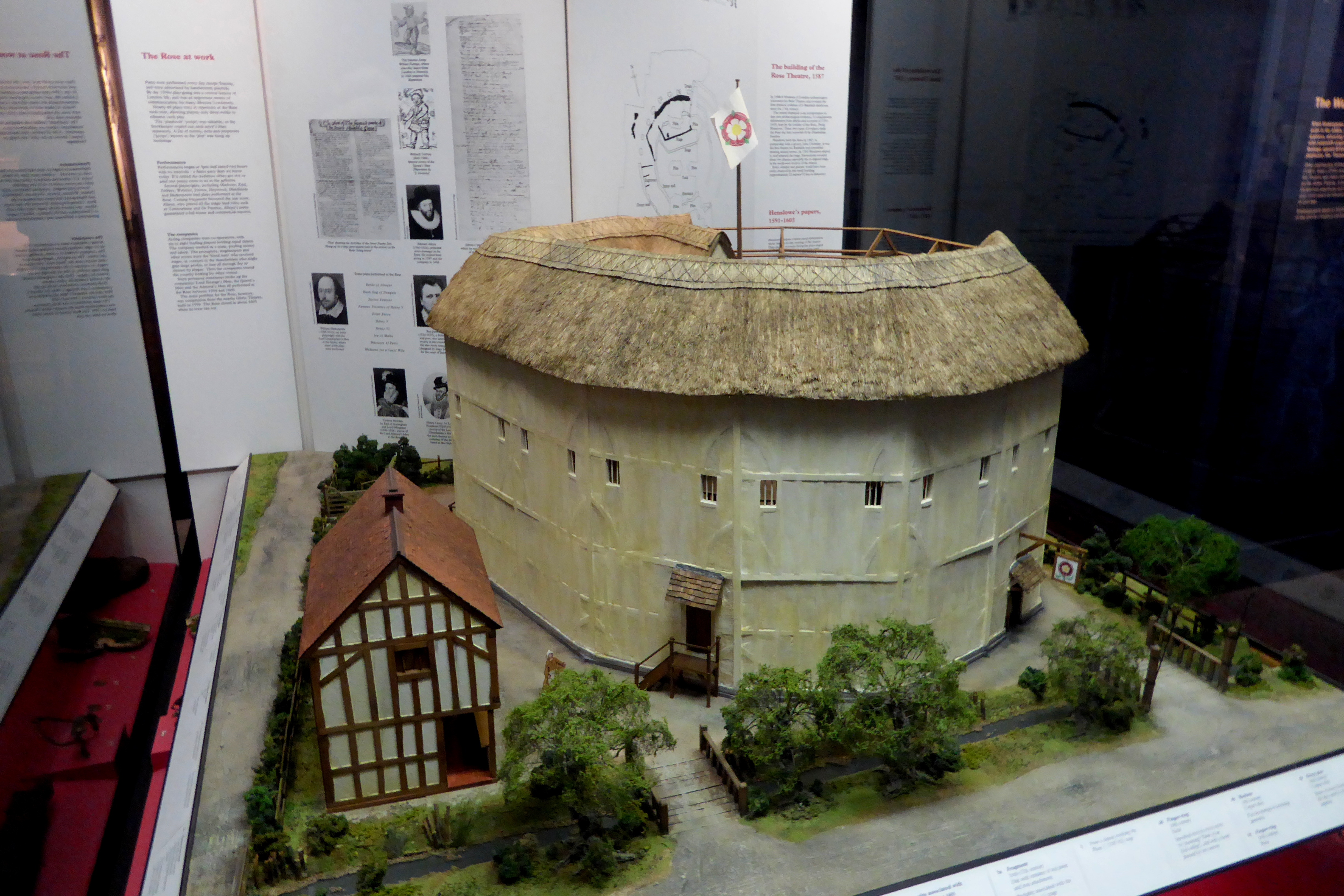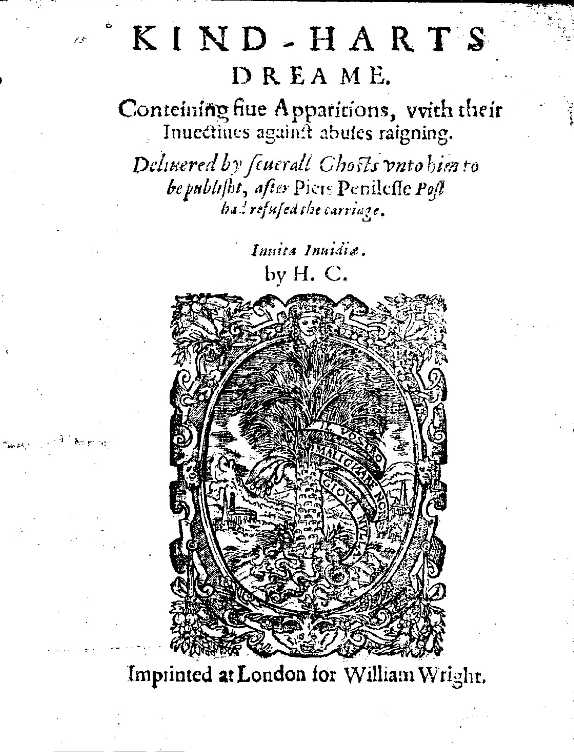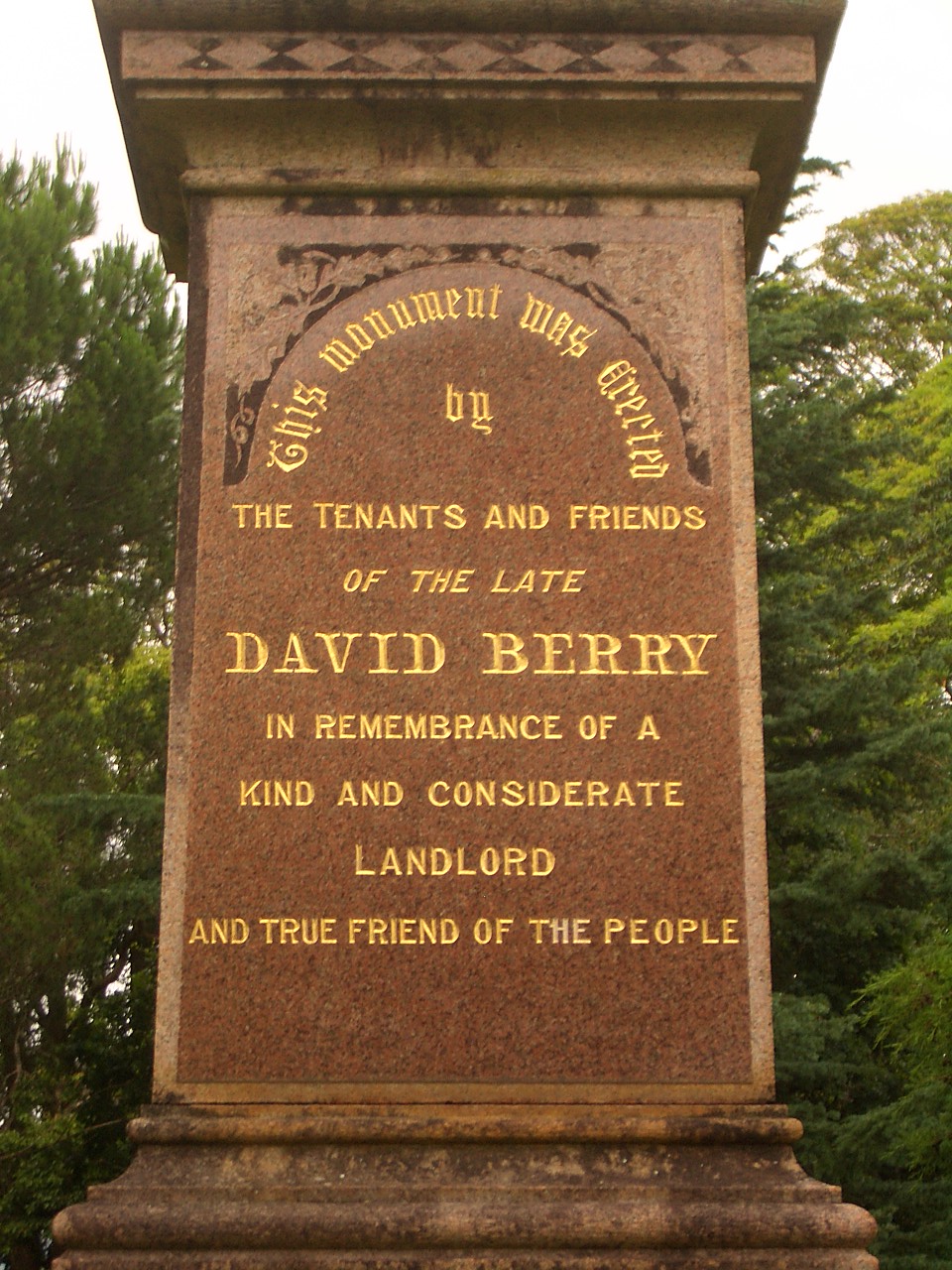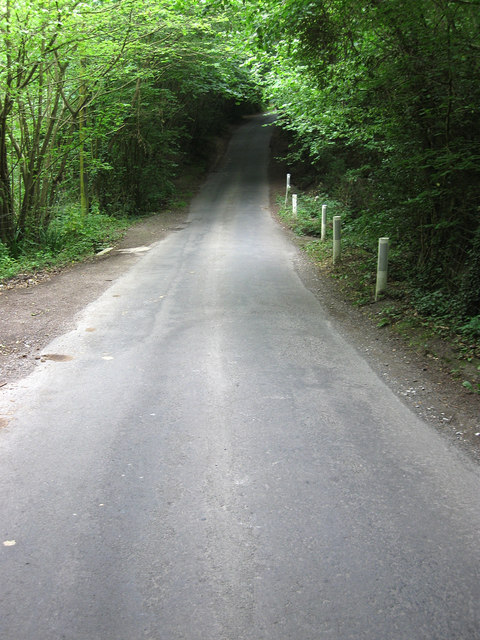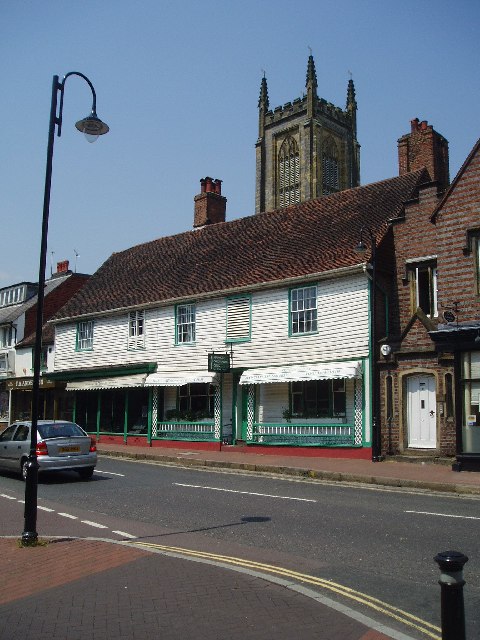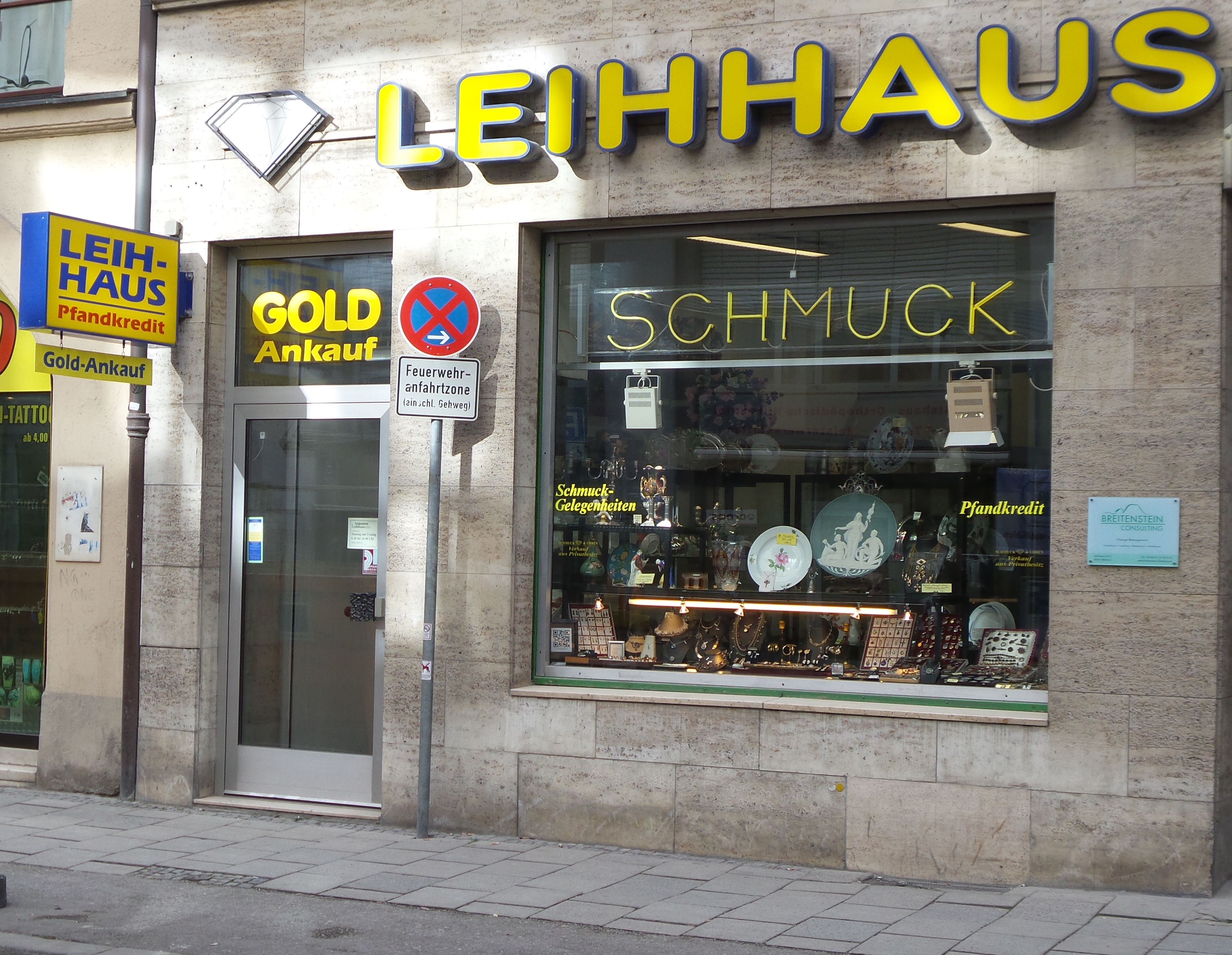|
Philip Henslowe
Philip Henslowe ( – 6 January 1616) was an Elizabethan theatrical entrepreneur and impresario. Henslowe's modern reputation rests on the survival of his diary, a primary source for information about the theatrical world of Renaissance London. Life Henslowe was born in Lindfield, Sussex, into a family with roots in Devon. His father, Edmund Henslowe, was appointed Master of the Game for Ashdown Forest, Sussex, from 1539 until his death in 1562. Before Edmund Henslowe's death, his daughter Margaret had married Ralf Hogge, an ironmaster. By the 1570s, Henslowe had moved to London, becoming a member of the Dyers' Company. Henslowe is recorded working as assistant to Henry Woodward, reputed to be the bailiff for Anthony Browne, 1st Viscount Montagu, owner of Cowdray House and Battle Abbey in Sussex. Henslowe married Woodward's widow, Agnes, and from 1577 lived in Southwark, opposite the Clink prison. His elder brother Edmund, a merchant, also owned property in Southwark. ... [...More Info...] [...Related Items...] OR: [Wikipedia] [Google] [Baidu] |
Elizabethan Era
The Elizabethan era is the epoch in the Tudor period of the history of England during the reign of Queen Elizabeth I (1558–1603). Historians often depict it as the golden age in English history. The Roman symbol of Britannia (a female personification of Great Britain) was revived in 1572, and often thereafter, to mark the Elizabethan age as a renaissance that inspired national pride through classical ideals, international expansion, and naval triumph over Spain. This "golden age" represented the apogee of the English Renaissance and saw the flowering of poetry, music, and literature. The era is most famous for its theatre, as William Shakespeare and many others composed plays that broke free of England's past style of theatre. It was an age of exploration and expansion abroad, while back at home, the Protestant Reformation became more acceptable to the people, most certainly after the Spanish Armada was repelled. It was also the end of the period when England was a sep ... [...More Info...] [...Related Items...] OR: [Wikipedia] [Google] [Baidu] |
Elizabeth I
Elizabeth I (7 September 153324 March 1603) was List of English monarchs, Queen of England and List of Irish monarchs, Ireland from 17 November 1558 until her death in 1603. She was the last and longest reigning monarch of the House of Tudor. Her eventful reign, and its effect on history and culture, gave name to the Elizabethan era. Elizabeth was the only surviving child of Henry VIII and his second wife, Anne Boleyn. When Elizabeth was two years old, her parents' marriage was annulled, her mother was executed, and Elizabeth was declared royal bastard, illegitimate. Henry Third Succession Act 1543, restored her to the line of succession when she was 10. After Henry's death in 1547, Elizabeth's younger half-brother Edward VI ruled until his own death in 1553, bequeathing the crown to a Protestant cousin, Lady Jane Grey, and ignoring the claims of his two half-sisters, Mary I of England, Mary and Elizabeth, despite statutes to the contrary. Edward's will was quickly set aside ... [...More Info...] [...Related Items...] OR: [Wikipedia] [Google] [Baidu] |
The Theatre
The Theatre was an Elizabethan playhouse in Shoreditch (in Curtain Road, part of the modern London Borough of Hackney), just outside the City of London. Built in 1576, after the Red Lion, it was the first permanent theatre built exclusively for the showing of theatrical productions in England, and its first successful one. Actor-manager James Burbage built it near the family home in Holywell Street. The Theatre's history includes a number of important acting troupes including the Lord Chamberlain's Men, which employed Shakespeare as actor and playwright. After a dispute with the landlord, the theatre was dismantled and the timbers used in the construction of the Globe Theatre on Bankside. History The Mayor and Corporation of London banned plays in 1572 as a measure against the plague, not wanting to attract crowds of strangers. In 1575 they formally expelled all players from the city. This prompted the construction of playhouses outside the jurisdiction of London, in ... [...More Info...] [...Related Items...] OR: [Wikipedia] [Google] [Baidu] |
Admiral's Men
The Admiral's Men (also called the Admiral's company, more strictly, the Earl of Nottingham's Men; after 1603, Prince Henry's Men; after 1612, the Elector Palatine's Men or the Palsgrave's Men) was a playing company or troupe of actors in the Elizabethan and Stuart eras. It is generally considered the second most important acting troupe of English Renaissance theatre (after the company of Shakespeare, the Lord Chamberlain's or King's Men). Beginnings They were first known as the Lord Howard's Men, named after their patron Charles Howard, 1st Earl of Nottingham. The company played once at Court on December 1576 (the play was called ''Tooley''), again on 17 February 1577 (''The Solitary Knight''), and a third time the following Christmas season, 5 January 1578 (all dates new style). They toured widely, from Bath to Nottingham, in the years 1577–79. A powerful patron like Howard could make a great difference in a company's fortunes. Though there is little evidence that he ... [...More Info...] [...Related Items...] OR: [Wikipedia] [Google] [Baidu] |
Bankside
Bankside is an area of London, England, within the London Borough of Southwark. Bankside is located on the southern bank of the River Thames, east of Charing Cross, running from a little west of Blackfriars Bridge to just a short distance before London Bridge at St Mary Overie Dock. It is part of a business improvement district known as 'Better Bankside'. History Toponymy The 'banke' was reclaimed by the Bishop of Winchester who owned the manor of the Clink of which this is part. There is a map plan in the Duchy of Lancaster archive showing 'the way to the banke'. The name is recorded in 1554 as ''the Banke syde'' and means 'street along the bank of the Thames'. In 1860 Southwark Street was created to connect the Blackfriars and London bridge crossings here and that can be regarded as the area's informal southern perimeter. Urban development Bankside is the riverside of the former liberties of the Clink and Paris Garden. In the Elizabethan period, because it was outside th ... [...More Info...] [...Related Items...] OR: [Wikipedia] [Google] [Baidu] |
The Rose (theatre)
The Rose was an Elizabethan theatre, Elizabethan playhouse, built by theatre entrepreneur Philip Henslowe in 1587. It was the fifth public playhouse to be built in London, after the Red Lion (theatre), Red Lion in Whitechapel (1567), The Theatre (1576) and the Curtain Theatre, Curtain (1577), both in Shoreditch, and the Newington Butts Theatre, theatre at Newington Butts () – and the first of several playhouses to be situated in Bankside, Southwark, in a Liberty (division), liberty outside the jurisdiction of the City of London's civic authorities. Two of the earliest plays by William Shakespeare – Titus Andronicus and Henry VI, Part 1 – are recorded as having been performed there, as well as plays by dramatists such as Christopher Marlowe, Thomas Kyd, Robert Greene (dramatist), Robert Greene, George Peele, Thomas Dekker (writer), Thomas Dekker, Michael Drayton, Ben Jonson and Thomas Heywood. The Rose's archaeological remains were rediscovered in 1989 during the redevelopme ... [...More Info...] [...Related Items...] OR: [Wikipedia] [Google] [Baidu] |
Brothel
A brothel, strumpet house, bordello, bawdy house, ranch, house of ill repute, house of ill fame, or whorehouse is a place where people engage in Human sexual activity, sexual activity with prostitutes. For legal or cultural reasons, establishments often describe themselves as massage parlors, bars, strip clubs, body rub parlours, studios, or by some other description. Sex work in a brothel is considered safer than street prostitution. Legal status On 2 December 1949, the United Nations General Assembly approved the Convention for the Suppression of the Traffic in Persons and of the Exploitation of the Prostitution of Others. The convention came into effect on 25 July 1951 and by December 2013, had been ratified by 82 states. The convention seeks to combat prostitution, which it regards as "incompatible with the dignity and worth of the human person." Parties to the convention agreed to abolish regulation of individual prostitutes, and to ban brothels and Procuring (prostitu ... [...More Info...] [...Related Items...] OR: [Wikipedia] [Google] [Baidu] |
Henry Chettle
Henry Chettle () was an English dramatist and miscellaneous writer of the Elizabethan era, best known for his pamphleteering. Early life The son of Robert Chettle, a London dyer, he was apprenticed in 1577 and became a member of the Stationer's Company in 1584, traveling to Cambridge on their behalf in 1588. His career as a printer and author is shadowy. He may have set up some of the tracts printed in response to Martin Marprelate. In 1591, he entered into partnership with William Hoskins and John Danter, two stationers. They published a good many ballads, and some plays, including a surreptitious and botched first quarto of ''Romeo and Juliet'', to which it is suggested Chettle added lines and stage directions. ''The Groat's-Worth of Wit'' In 1592 '' Greene's Groats-Worth of Wit'', supposedly the work of the recently deceased, and very popular, Robert Greene, was published, having been entered in the register of the Stationer's Company "at the peril of Henry Chettle". T ... [...More Info...] [...Related Items...] OR: [Wikipedia] [Google] [Baidu] |
Landlord
A landlord is the owner of property such as a house, apartment, condominium, land, or real estate that is rented or leased to an individual or business, known as a tenant (also called a ''lessee'' or ''renter''). The term landlord applies when a juristic person occupies this position. Alternative terms include lessor and owner. For female property owners, the term landlady may be used. In the United Kingdom, the manager of a pub, officially a licensed victualler, is also referred to as the landlord/landlady. In political economy, landlord specifically refers to someone who owns natural resources (such as land, excluding buildings) from which they derive economic rent, a form of passive income. History The concept of a landlord can be traced to the feudal system of manoralism ( seignorialism), where landed estates were owned by Lords of the Manor ( mesne lords). These lords were typically members of the lower nobility who later formed the rank of knights during ... [...More Info...] [...Related Items...] OR: [Wikipedia] [Google] [Baidu] |
Buxted
Buxted is a village and civil parish in the Wealden District, Wealden district of East Sussex in England. The parish is situated on the Weald, north of Uckfield; the settlements of Five Ash Down, Heron's Ghyll and High Hurstwood are included within its boundaries. At one time its importance lay in the Wealden iron industry, and later it became commercially important in the poultry and egg industry. The village has both road (the high street is also the A272) and rail links to Uckfield and to London via Oxted. History The origin of the name Buxted comes from the Anglo-Saxon language, Saxon ''Bochs stede'' (place of the beeches). The iron-making industry became a major part of Buxted's early prosperity. The first standard blast furnace was called Queenstock and was built in Buxted parish in about 1491. The cannon-making industry in the Weald started at a furnace on the stream at Hoggets Farm lying to the north between Buxted and Hadlow Down. The first cast-iron cannon made in Eng ... [...More Info...] [...Related Items...] OR: [Wikipedia] [Google] [Baidu] |
East Grinstead
East Grinstead () is a town in West Sussex, England, near the East Sussex, Surrey, and Kent borders, south of London, northeast of Brighton, and northeast of the county town of Chichester. Situated in the northeast corner of the county, bordering Surrey, the civil parish has an area of . The population at the 2011 Census was 26,383. Nearby towns include Crawley and Horley to the west, Tunbridge Wells to the east and Redhill, Surrey, Redhill and Reigate to the northwest. The town is contiguous with the village of Felbridge to the northwest. Until 1974 East Grinstead was in East Sussex, before joining with Haywards Heath and Burgess Hill as the Mid-Sussex district of West Sussex. The town is on the Greenwich Meridian. It has many historic buildings, and the Weald and Ashdown Forest lie to the south-east. Places of interest The High Street contains one of the longest continuous runs of 14th-century timber-framed buildings in England. Other notable buildings in the town includ ... [...More Info...] [...Related Items...] OR: [Wikipedia] [Google] [Baidu] |
Pawnbroker
A pawnbroker is an individual that offers secured loans to people, with items of personal property used as Collateral (finance), collateral. A pawnbrokering business is called a pawnshop, and while many items can be pawned, pawnshops typically accept jewelry, musical instruments, coins, gold, silver, firearms; as well as home audio equipment, computers, video game systems, televisions, cameras, and power tools being included as the world entered the Information Age. The items ''pawned'' to the broker or shop are themselves called pledge (law), ''pledges'', ''pawns'', or simply ''the collateral''. If an item is pawned for a loan (colloquially "hocked" or "popped"), within a certain contractual period of time the pawner may redeem it for the amount of the loan plus some agreed-upon amount for interest. In the United States the amount of time, and rate of interest, is governed by law and by the state commerce department policies. They have the same license as a bank, which is ... [...More Info...] [...Related Items...] OR: [Wikipedia] [Google] [Baidu] |


